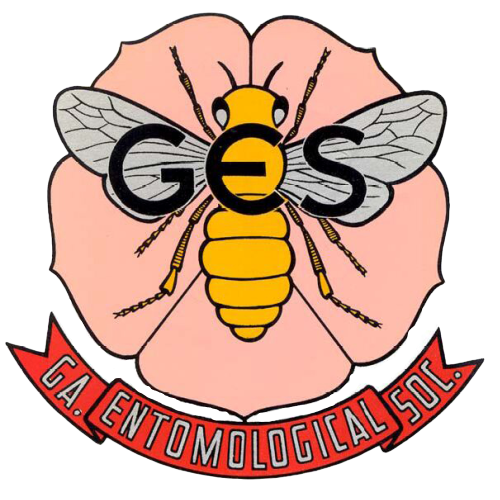ORGANOPHOSPHATE PESTICIDES AND DMSO AFFECT MYCELIAL GROWTH AND PHOSPHATIDYLCHOLINE BIOSYNTHESIS IN AN ENTOMOPATHIC FUNGUS
The effect of three organophosphate pesticides, dichlorvos, edifenphos, and methyl parathion on growth of the entomopathic fungus, Nomuraea rileyi (Farlow) Samson was examined under laboratory conditions. Each of the 3 pesticides with dimethyl sulfoxide (DMSO) carrier reduced weight gain of mycelia by up to 54% of controls. Dichlorvos without DMSO solvent decreased weight gain by only 18%. These pesticides were also tested with and without DMSO (0.5 to 5%) for their effect on the biosynthesis of phosphatidylcholine (PC) in N. rileyi by monitoring transmethylation of 14C-methyl from methionine into phosphatidylcholine (PC). Edifenphos had no effect at 1 ppm, but caused a 45% decrease in 14C incorporation into PC at 10 PPM, and an 89% decrease at 100 PPM. Methyl parathion and dichlorvos decreased incorporation of 14C only at 100 ppm. DMSO at a 5% concentration decreased weight gain of mycelia by 53% but increased 14C labelling of PC by 70%. Methyl parathion and dichlorvos insecticides in combination with DMSO share a mode of action similar to that of the fungicide edifenphos in N. rileyi although expressed to a lesser degree. The action of DMSO, on both mycelial growth and biosynthesis of PC appears different from that of these organophosphates.
